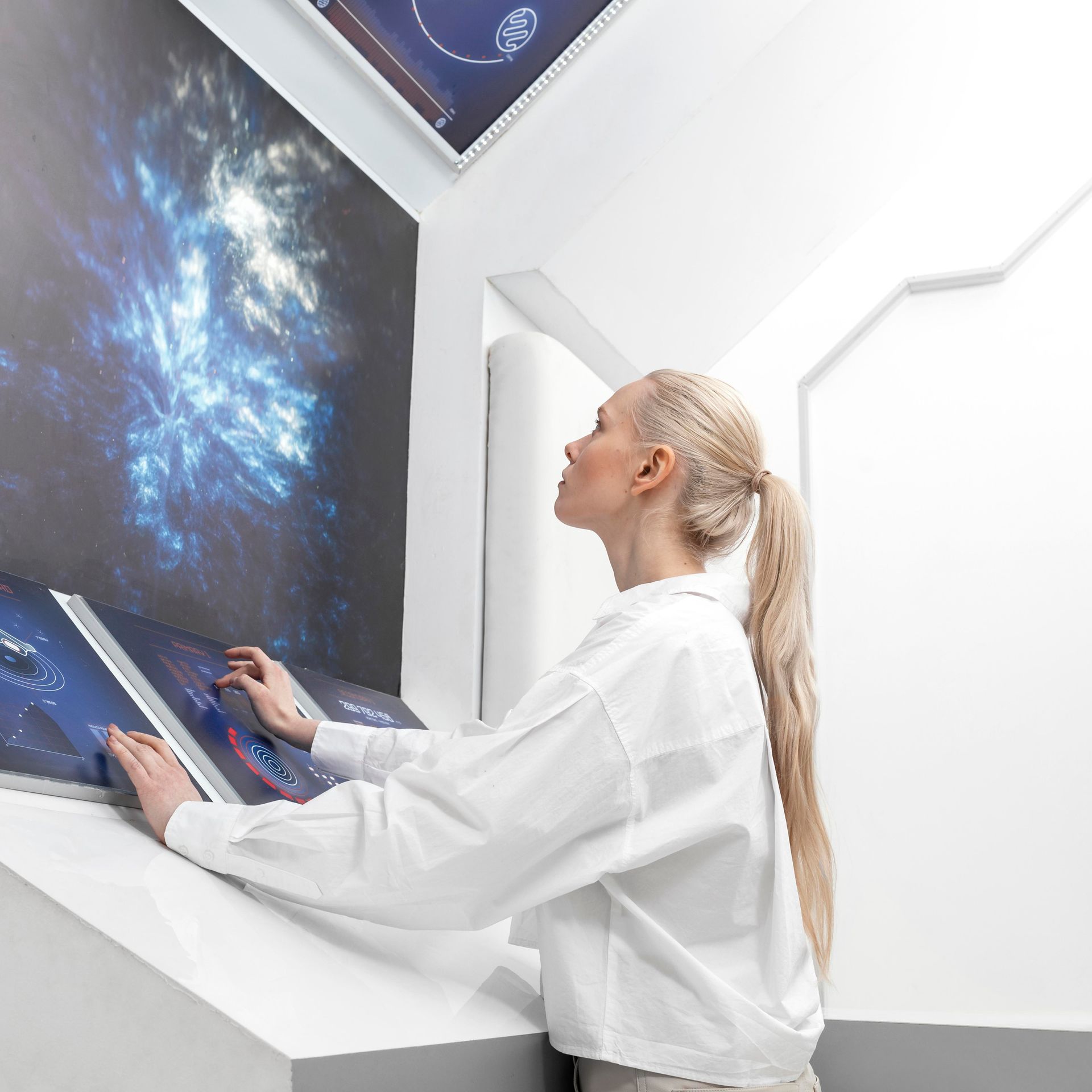Enhance Patient Satisfaction with Chase Clinical Documentation's Remote Medical Assistants
Enhance Patient Satisfaction with Chase Clinical Documentation's Remote Medical Assistants
Patient satisfaction is as crucial as the clinical care patients receive. Medical practices are constantly seeking innovative ways to improve their service quality while managing operational efficiency. One effective solution is utilizing remote medical assistants, a service provided by Chase Clinical Documentation, by timely responding to patient voicemails, refilling prescriptions, and communicating lab results without delay. Here’s how our remote medical assistants can transform your practice’s patient interaction and satisfaction levels.
Timely Response to
Patient Voicemails
Patient voicemails are often regarding urgent care needs, appointment queries, or follow-up information. Delayed responses can lead to patient dissatisfaction and could potentially escalate minor issues. Chase Clinical
Documentation’s remote medical assistants ensure that all voicemails are promptly addressed, reducing wait times and improving patient trust and satisfaction. By ensuring no message goes unanswered, our remote medical assistants help maintain a smooth and responsive communication channel with your patients.
Efficient Prescription
Management
Managing prescription refills can be a time-consuming task that, if not handled efficiently, can lead to patient frustration and medication lapses. Our remote medical assistants streamline the prescription refill process by liaising with pharmacies and handling refill requests swiftly. This proactive approach not only keeps your patients happy but also adheres to their treatment plans without interruption, contributing significantly to their health outcomes and satisfaction.
Accurate and Prompt
Communication of Lab Results
Patients value timely and clear communication regarding their lab results. Delays or errors in communicating these results can cause anxiety and dissatisfaction. Chase Clinical Documentation’s remote medical assistants manage the distribution of lab results with precision and speed, ensuring that patients receive their results promptly and understand their implications. This timely information allows patients to feel more in control of their health and less anxious about their medical conditions.
Personalized
Patient Interaction
Remote medical assistants provided by Chase Clinical Documentation are trained to handle patient interactions with care and personalization. By familiarizing themselves with patient histories and specific needs, they offer a more tailored and considerate service. This personal touch enhances patient experience, as they feel valued and understood, leading to higher satisfaction and loyalty to your practice.
Reducing Administrative Burden on
Healthcare Providers
By taking over routine but critical tasks, our remote medical assistants free up your medical staff to focus more on patient care rather than administrative duties. This not only improves the efficiency of your practice but also enhances the quality of patient interactions, as healthcare providers can spend more time with their patients, improving overall satisfaction.
Driving Patient Satisfaction Through
Expert Assistance
Integrating Chase Clinical Documentation’s remote medical assistants into your practice is not just an operational decision—it’s a strategic move towards enhancing patient satisfaction. Our remote medical assistants handle critical yet time-consuming tasks with expertise, ensuring that every patient interaction is smooth, prompt, and satisfying.
With our support, your practice can achieve higher levels of patient satisfaction, leading to improved patient retention and a stronger reputation in the healthcare community.
Recent Posts








CONTACT INFO
LEARN NEW SKILLS
Interested in acquiring the skills necessary to become a Remote Scribe or Remote Medical Assistant? CLICK HERE





